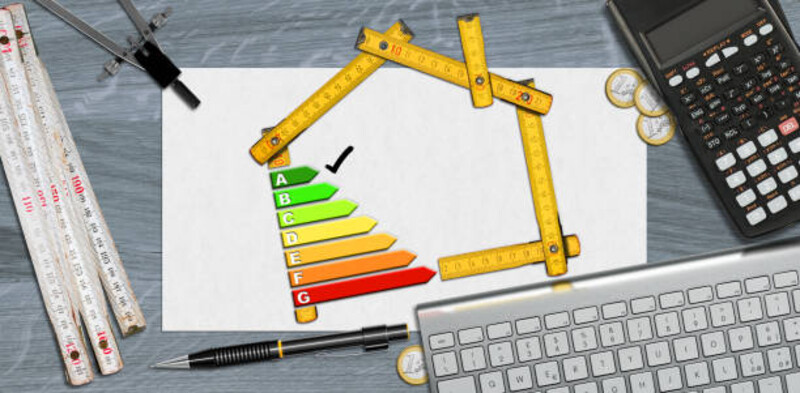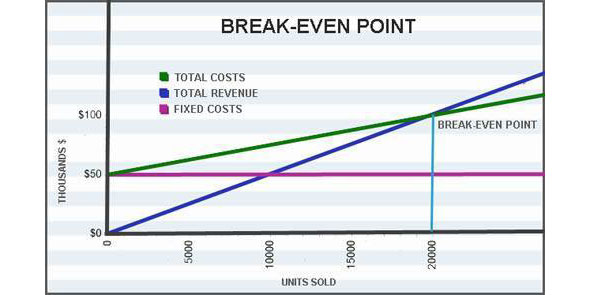Home maintenance is often considered a daunting task, but with a well-structured plan, it can become a seamless part of your lifestyle. This guide aims to provide tips, tricks, and timelines to help you ensure the longevity of your home and maintain its value. We'll cover everything from small daily tasks to major inspections and repairs that only need attention every few years, making your home maintenance journey easier and more manageable.
Definition of home maintenance:
Home maintenance involves regular upkeep and repairs to maintain the functionality, cleanliness, and value of a home. It includes daily, weekly, monthly, and annual tasks that aim to prevent major damages and ensure the longevity of a home.
Benefits of Regular Home Maintenance:
- Saves money: Regular home maintenance can save you from unexpected, costly repairs. By fixing small issues before they become major problems, you avoid expensive repair bills down the road.
- Increases property value: A well-maintained home typically has a higher resale value than one that has been neglected. Plus, potential buyers are more likely to be interested in a home that is well taken care of.
- Extends the lifespan of your home: Regular maintenance can prevent major problems from occurring, thus prolonging the life of your home. By identifying and fixing issues early on, you avoid having to replace expensive features such as roofs, windows, and appliances.
- Improves energy efficiency: By regularly maintaining your home's HVAC system, insulation, and windows, you can keep your utility bills under control. Proper maintenance ensures that these systems are running at peak efficiency, saving you money in the long run.
- Creates a safe living environment: Regular maintenance can identify potential safety hazards in your home, such as faulty wiring or leaks. By addressing these issues promptly, you can prevent accidents and keep your family safe.
Home Maintenance Timelines

Daily Tasks:
Some tasks require daily attention to keep your home in top shape. These include making your bed, doing the dishes, and general tidying up. While these may seem insignificant, they play a crucial role in keeping your home organized and preventing clutter from accumulating.
Weekly Tasks:
Weekly maintenance tasks are essential for the overall cleanliness and functionality of your home. These can include vacuuming and mopping floors, dusting surfaces, and changing bed sheets. It's also a good idea to check for any leaks or damages in plumbing and electrical systems during these weekly tasks.
Monthly Tasks:
Monthly tasks are slightly more time-consuming but crucial for maintaining the efficiency of your home. These include cleaning air filters, checking smoke detectors and carbon monoxide alarms, and inspecting and cleaning gutters.
Annual Tasks:
Annual tasks require a bit more effort and attention, but they are necessary to keep your home in top condition. These include deep cleaning carpets and upholstery, servicing heating, ventilation, and air conditioning (HVAC) systems, pruning trees and bushes, inspecting the roof for damages or leaks, and checking for cracks in the foundation. It's also a good idea to schedule an annual pest control inspection and service.
Quarterly Tasks:
Some tasks may not fit into daily, weekly, monthly, or annual categories. These can be done every quarter and include things like checking fire extinguishers, testing garage door safety features, and inspecting exterior paint for damages.
Bi-Annual Tasks:
Some tasks only need attention every six months. These can include cleaning out the refrigerator and freezer, checking and replacing batteries in smoke detectors, and deep cleaning the kitchen.
Tips and Tricks for Home Maintenance:
Plan Ahead:
Having a well-thought-out plan for home maintenance can make the process more manageable and less overwhelming. Set aside time to create a schedule and list of tasks that need attention, based on their frequency. This will help you stay organized and avoid forgetting essential tasks.
Stay Consistent:
Consistency is key when it comes to home maintenance. Stick to your planned schedule and try not to skip tasks. This will ensure that your home stays in top condition and you won't have to worry about any major issues arising unexpectedly.
Delegate Tasks:
Don't be afraid to delegate maintenance tasks to other members of the household. You can divide up tasks based on each person's skills and availability, making it a team effort. This will not only make the workload more manageable but also teach responsibility and accountability to other members of the household.
Hire Professionals:
While some tasks can be done by homeowners, it's important to know when it's best to leave things to professionals. This includes major repairs, electrical work, and deep cleaning of certain areas. Hiring professionals may cost money upfront, but it can save you time, effort, and potentially more significant expenses in the long run.
Use a Maintenance Checklist:
Creating a detailed checklist of tasks and their frequency can help you stay organized and on top of your home maintenance. You can also customize the checklist to fit your specific home's needs, ensuring that no task is overlooked.
Keep Track of Important Dates:
Make sure to keep track of important dates for tasks that don't require frequent attention, such as annual inspections or servicing. You can set reminders on your phone or mark them on a calendar to ensure they are not forgotten.
Invest in Quality Products:
Using quality products for cleaning and maintenance can save you time and money in the long run. They may be more expensive upfront, but they tend to last longer and be more effective, reducing the need for frequent replacements.
Using technology to simplify tasks:
There are now many mobile apps and smart home devices that can assist with various home maintenance tasks. These include reminders for servicing, monitoring energy usage, and even detecting potential issues before they become major problems. Utilizing these tools can make home maintenance more efficient and convenient.
Season-specific maintenance strategies:

Spring:
In the spring, it's essential to focus on tasks that prepare your home for warmer weather. This includes cleaning and checking air conditioning units, servicing lawnmowers and other outdoor equipment, and inspecting and repairing any damages caused by winter weather.
Summer:
Summer is a great time to focus on outdoor maintenance tasks such as pressure washing decks and patios, cleaning gutters, and maintaining landscaping. It's also a good time to check for any cracks or damages in the foundation that may have occurred during the rainy season.
Fall:
With cooler weather approaching, fall is an ideal time to prepare your home for winter. This includes tasks like cleaning out gutters, sealing gaps around windows and doors to prevent drafts, and servicing the heating system.
Winter:
During winter, it's essential to focus on tasks that protect your home from harsh weather conditions. This includes inspecting and repairing any leaks or damages in the roof, maintaining the fireplace and chimney, and ensuring proper insulation to prevent energy loss.
Conclusion
Home maintenance may seem like a daunting task, but with proper planning, consistency, and the help of technology, it can become more manageable. Regular maintenance not only saves money and increases property value but also ensures a safe and comfortable living environment for you and your family. By following these tips, you can effectively maintain your home all year round and prevent any major issues from arising. So remember to include regular checks on fire extinguishers, testing garage door openers and replacing batteries in smoke detectors as part of your maintenance routine.




